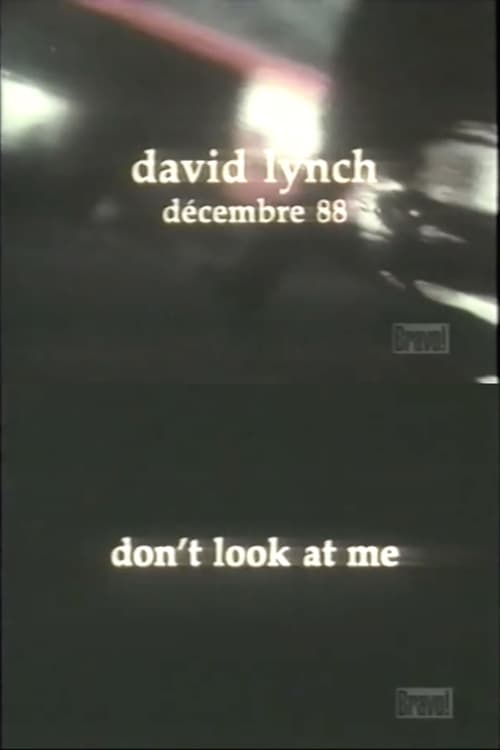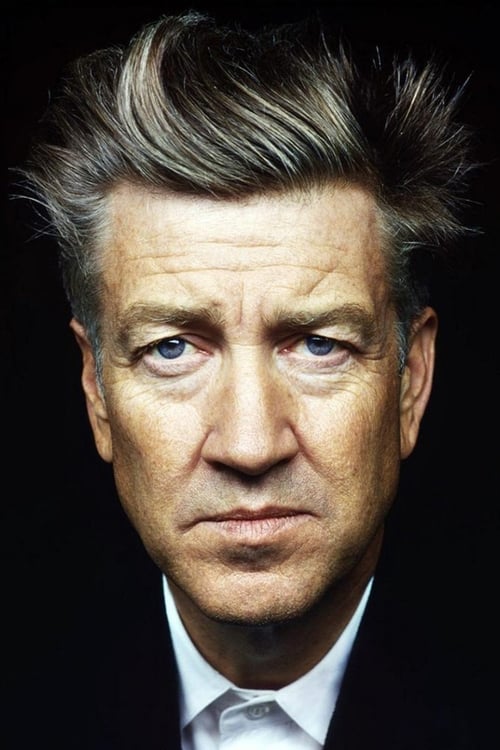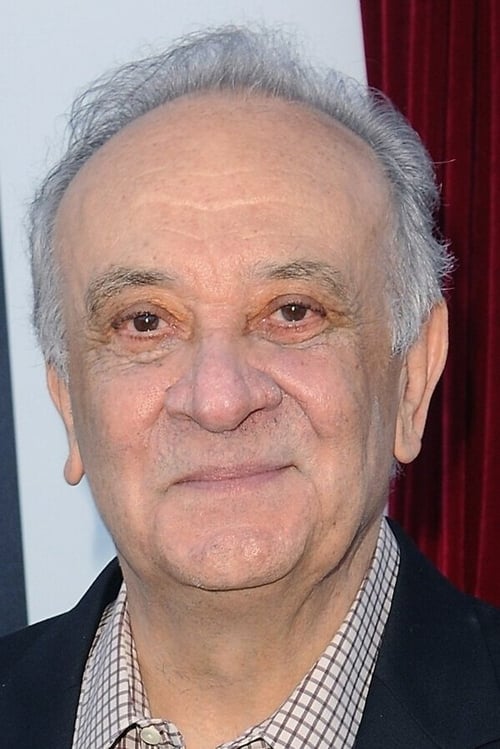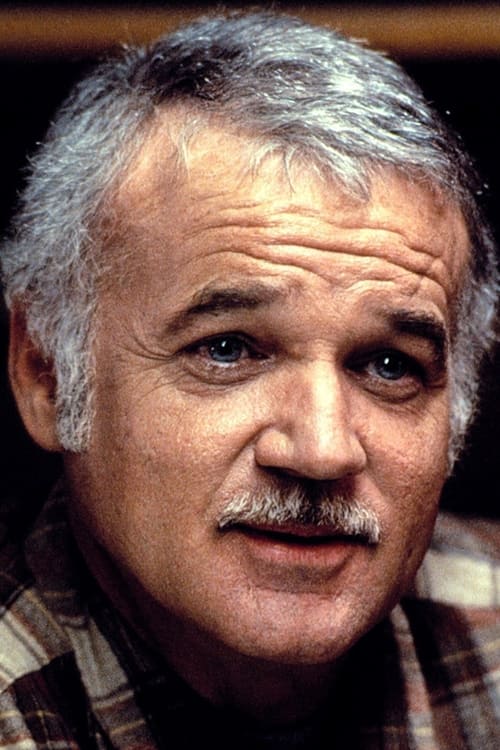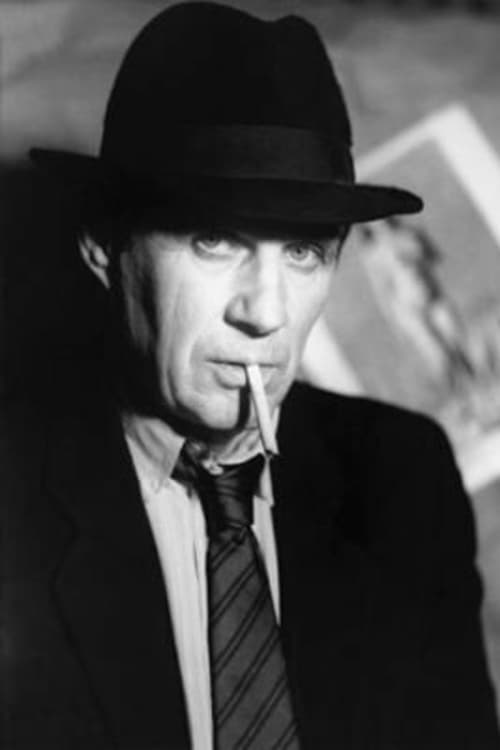David Lynch: Don't Look at Me (1989)
Жанр : документальный
Время выполнения : 57М
Директор : Guy Girard
Краткое содержание
A documentary about American director David Lynch from the Cinéma, de notre temps series.
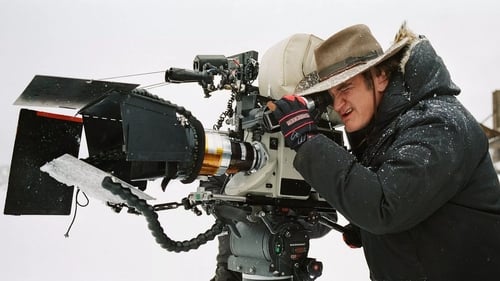
Исследование творческого пути одного из самых выразительных режиссёров современности — Квентина Тарантино. Обзор двух первых и определяющих десятилетий его карьеры, основанный на интервью с его сотрудниками, коллегами и знаменитыми актёрами, звёздами тарантиновских фильмов.
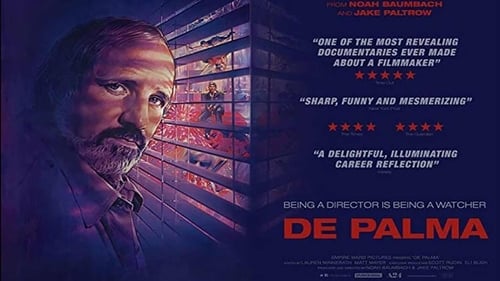
An intimate conversation between filmmakers, chronicling De Palma’s 55-year career, his life, and his filmmaking process, with revealing anecdotes and, of course, a wealth of film clips.
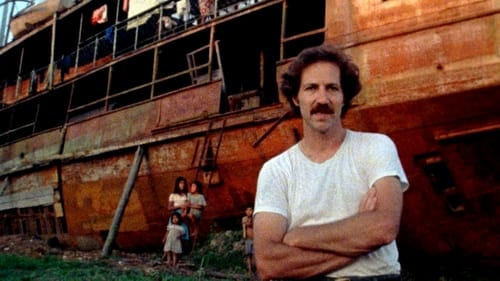
The Amazon rain forest, 1979. The crew of Fitzcarraldo (1982), a film directed by German director Werner Herzog, soon finds itself with problems related to casting, tribal struggles and accidents, among many other setbacks; but nothing compared to dragging a huge steamboat up a mountain, while Herzog embraces the path of a certain madness to make his vision come true.
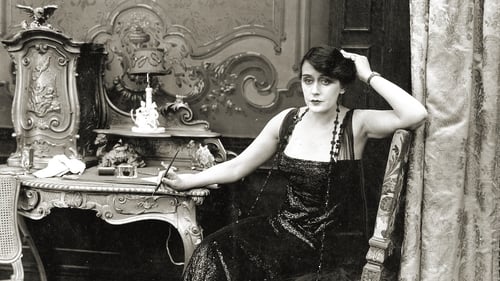
Рассказ о первой женщине-кинорежиссере Алис Ги-Блаше. Одновременно с признанием её роли в кинематографе расследуются обстоятельства, приведшие к её забвению.
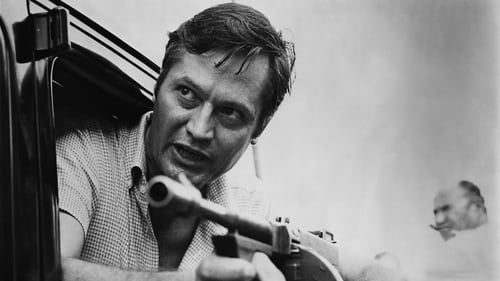
Полнометражный документальный фильм о жизни, карьере и заметном влиянии Роджера Кормана на современное кино…
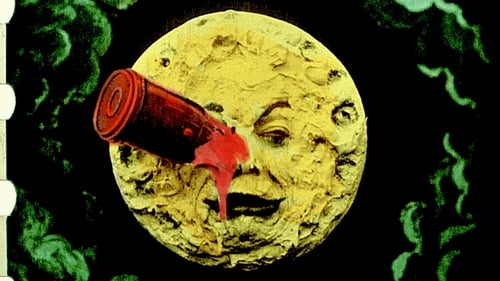
Фильм рассказывает о судьбе фильма Жоржа Мельеса «Путешествие на Луну» («Le Voyage dans la Lune»), от момента создания и вплоть до наших дней.
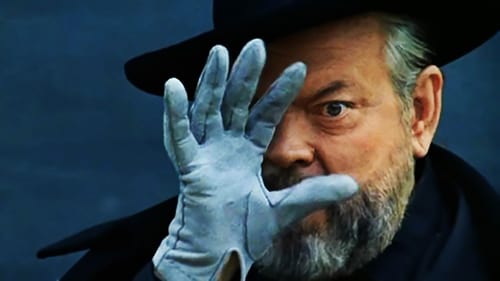
The extraordinary life of Orson Welles (1915-85), an enigma of Hollywood, an irreducible independent creator: a musical prodigy, an excellent painter, a master of theater and radio, a modern Shakespeare, a magician who was always searching for a new trick to surprise his audience, a romantic and legendary figure who lived only for cinema.
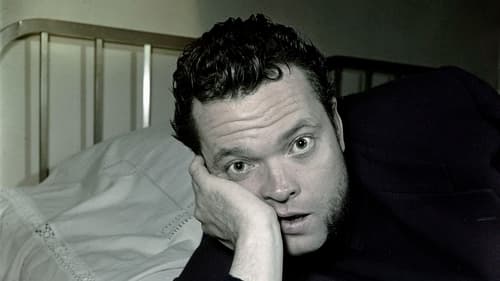
A poetic journey into the visual world of the legendary filmmaker and actor Orson Welles (1915-85) that reveals a new portrait of a unique genius, both of his life and of his monumental work: through his own eyes, drawn by his own hand, painted with his own brush.
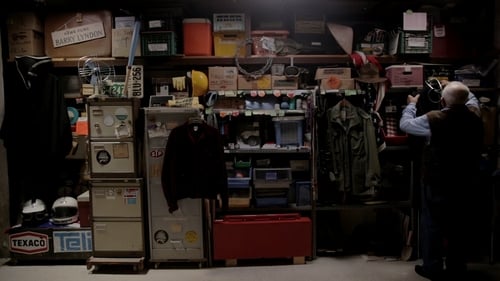
The incredible story of the Italian Emilio D'Alessandro, personal driver of the great director Stanley Kubrick (1928-1999), who met Emilio by chance in London in 1971 and hired him, thus establishing a deep friendship that lasted thirty years and helped create four masterpieces of cinema. A moving tale about two seemingly opposing people who found their ideal travel companion far away from home…
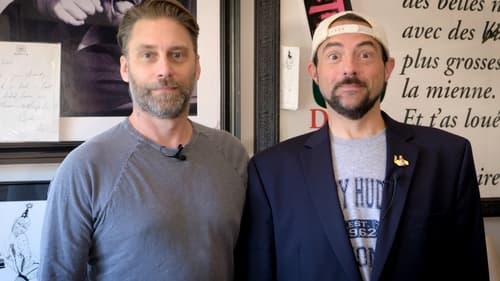
Документальный фильм расскажет о жизни и карьере Смита. В фильме можно увидеть интервью с Джейсоном Мьюзом, Беном Аффлеком, Мэттом Дэймоном, Джастином Лонгом и Ричардом Линклейтером, а также ранее неопубликованные записи с Джорджем Карлином и Стэном Ли.

On the 20th anniversary of Federico Fellini's death, Ettore Scola, a devoted admirer of the incomparable maestro, commemorates the lesser-known aspects of his personality, employing interviews, photographs, behind-the-scenes footage as well as his drawings and film clips.
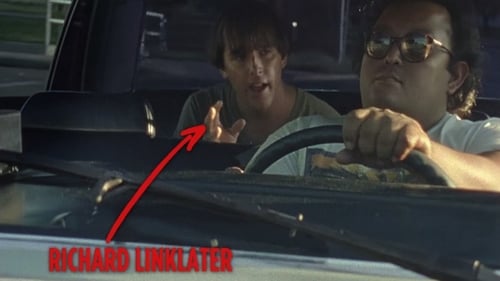
Считается, что карьера артиста определяется до 21 года. Но у некоторых режиссеров все происходит по-другому…
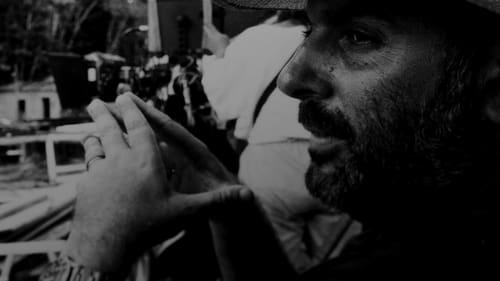
«Я уже прожил свою жизнь, осталось лишь снять о ней фильм», - так сказал Эктор Бабенко Барбаре Пас, когда понял, что времени ему осталось немного. Она согласилась исполнить последнюю волю своего партнёра и снять фильм о его смерти, где он выступит в главной роли. Бабенко сознательно обнажает перед зрителем душу, не стесняясь интимных и неприятных ситуаций. Он высказывает свои страхи и опасения, делится воспоминаниями, мыслями, фантазиями. Противостояние интеллектуальной мощи и физической хрупкости всю жизнь оставалась отличительной чертой его карьеры.
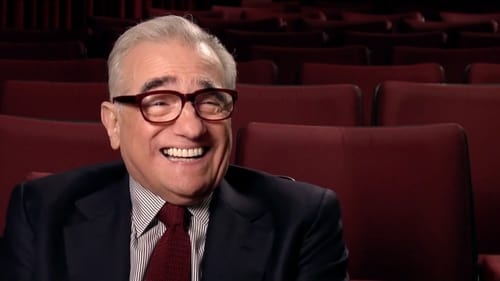
In the sixties, Swedish filmmaker Ingmar Bergman (1918-2007) built a house on the remote island of Fårö, located in the Baltic Sea, left Stockholm and went to live there. When he died, the house was preserved. A group of very special cinephiles, came from all over the world, travel to Fårö in search of the genius and his legacy. (An abridged version of Bergmans video, 2012.)

A look back at Charlie Chaplin's early life and career, from his rough childhood and music hall success in England to his early Hollywood days and the development of his enormously popular character, the Little Tramp, also called Charlot.
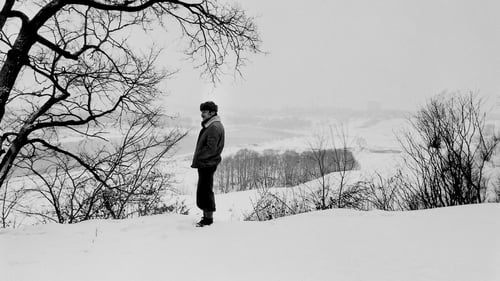
Рассказ режиссера о самом себе. В основе фильма — нигде ранее не публиковавшиеся аудио и видеозаписи лекций, интервью, встреч со зрителями, видеохроника со съемок фильмов. Через размышления об искусстве и культуре, о судьбе художника и смысле человеческого существования, фильм раскрывает творческую мотивацию и причины заниматься кинематографом.
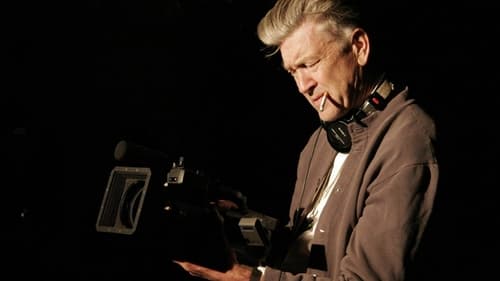
Rare glimpse into the fascinating mind of one of cinema's greatest directors. Footage was gathered over a two year period and documents David Lynch's many creative interests as well as his passion for filmmaking. It’s “abstract trip” which reveals new aspects of the personality and the cinematographic vision of one of the exceptional authors of contemporary cinema. Personal portrait of David Lynch and his creative universe.
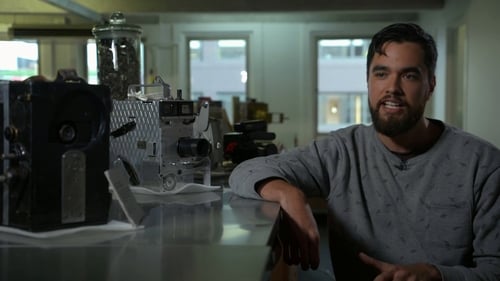
A documentary portrait of the pioneering indigenous filmmaker and activist Merata Mita and an intimate tribute from a son about his mother that delves into the life of the first woman from an Indigenous Nation to solely direct a film anywhere in the world. Known as the grandmother of Indigenous cinema, Merata’s independent political documentaries of the 1970s and 80s highlighted injustices for Māori people and often divided the country. Mita was fearless in her life, her activism and her art. Chronicling the director’s journey to decolonize the film and television screens of New Zealand and the world, the film documents her work, her early struggles with her family and her drive for social justice that often proved personally dangerous.
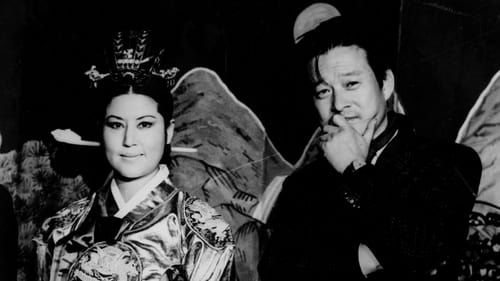
Hong Kong, 1978. South Korean actress Choi Eun-hee is kidnapped by North Korean operatives following orders from dictator Kim Jong-il. Her ex-husband, film director Shin Sang-ok, undertakes her search, but soon after he is kidnapped as well. In 1983, after living through years of tribulations, Kim Jong-il puts them in charge of the North Korean film industry in the hope of gaining international recognition.
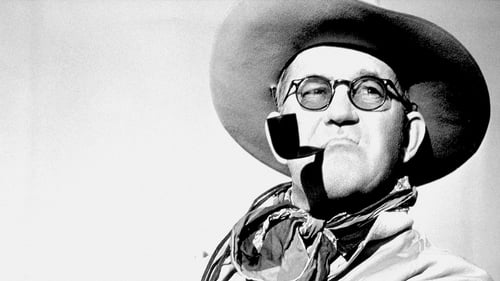
Over a 50-year career and more than a hundred movies, filmmaker John Ford (1894-1973) forged the legend of the Far West. By giving a face to the underprivileged, from humble cowboys to persecuted minorities, he revealed like no one else the great social divisions that existed and still exist in the United States. More than four decades after his death, what remains of his legacy and humanistic values in the memory of those who love his work?
